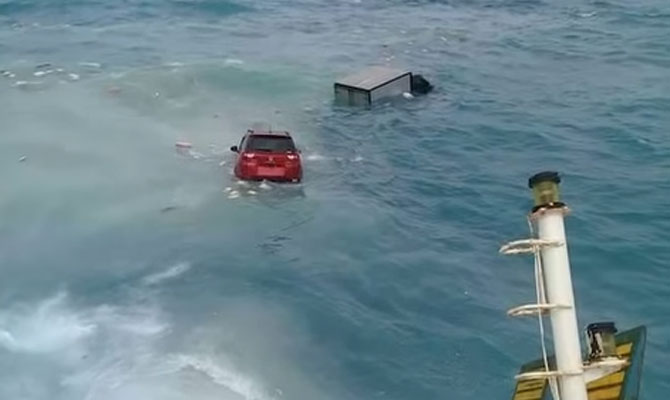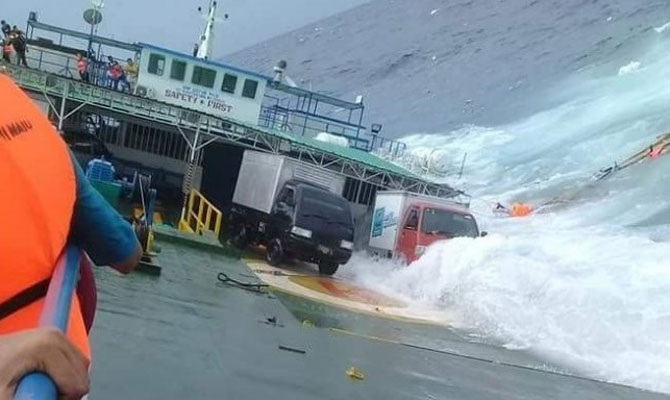
On Monday, an eastern Indonesia ferry, KM Lestari Maju, sank, causing 15 fatalities. Nineteen people remain missing.
The ferry, with 30 passengers and 12 crew, capsized in rough waters near East Nusa Tenggara province. It was en route from Kupang to Rote Island when it encountered strong winds and high waves, sinking 100 kilometers away from its destination.
Rescue teams retrieved 15 bodies and continue searching for the missing passengers and crew. The cause of the accident is under investigation.
This is not the first maritime tragedy in Indonesia. In January, over 200 people died when a ferry capsized in the Java Sea, killing 138.
Indonesia’s maritime safety record is poor, with over 1,000 deaths in maritime accidents in 2018.
Despite promises to improve maritime safety, little action has been taken to address the issue.
The tragic sinking of KM Lestari Maju is a stark reminder of the urgent need for improved maritime safety measures in Indonesia. It has resulted in the loss of many innocent lives.
The Indonesian authorities must take decisive steps to prevent such accidents in the future and protect the lives of those who rely on sea transportation.
Ensuring better safety standards, regular inspections, and adequate training for crew members are essential to avoid similar incidents.
Additionally, enhancing weather forecasting and monitoring systems can help vessels avoid dangerous conditions.
The government should also invest in modernizing the ferry fleet, ensuring that all vessels meet stringent safety requirements.

Furthermore, raising public awareness about maritime safety and passenger responsibilities during emergencies is crucial.
Indonesia, being an archipelago with a heavy reliance on sea transport, cannot afford to overlook these critical safety measures.
The international community can also offer assistance and expertise to support Indonesia in its efforts to enhance maritime safety.
Collaboration with neighboring countries can promote best practices and lessons learned from successful safety initiatives.
In conclusion, the tragic sinking of the KM Lestari Maju highlights the pressing need for significant improvements in Indonesia’s maritime safety.
The loss of lives in such accidents is devastating and avoidable. The government, maritime industry, and citizens must work together to implement effective measures and ensure safer sea travel for everyone. Only through collective efforts can Indonesia prevent similar tragedies in the future and protect the lives of its people.
